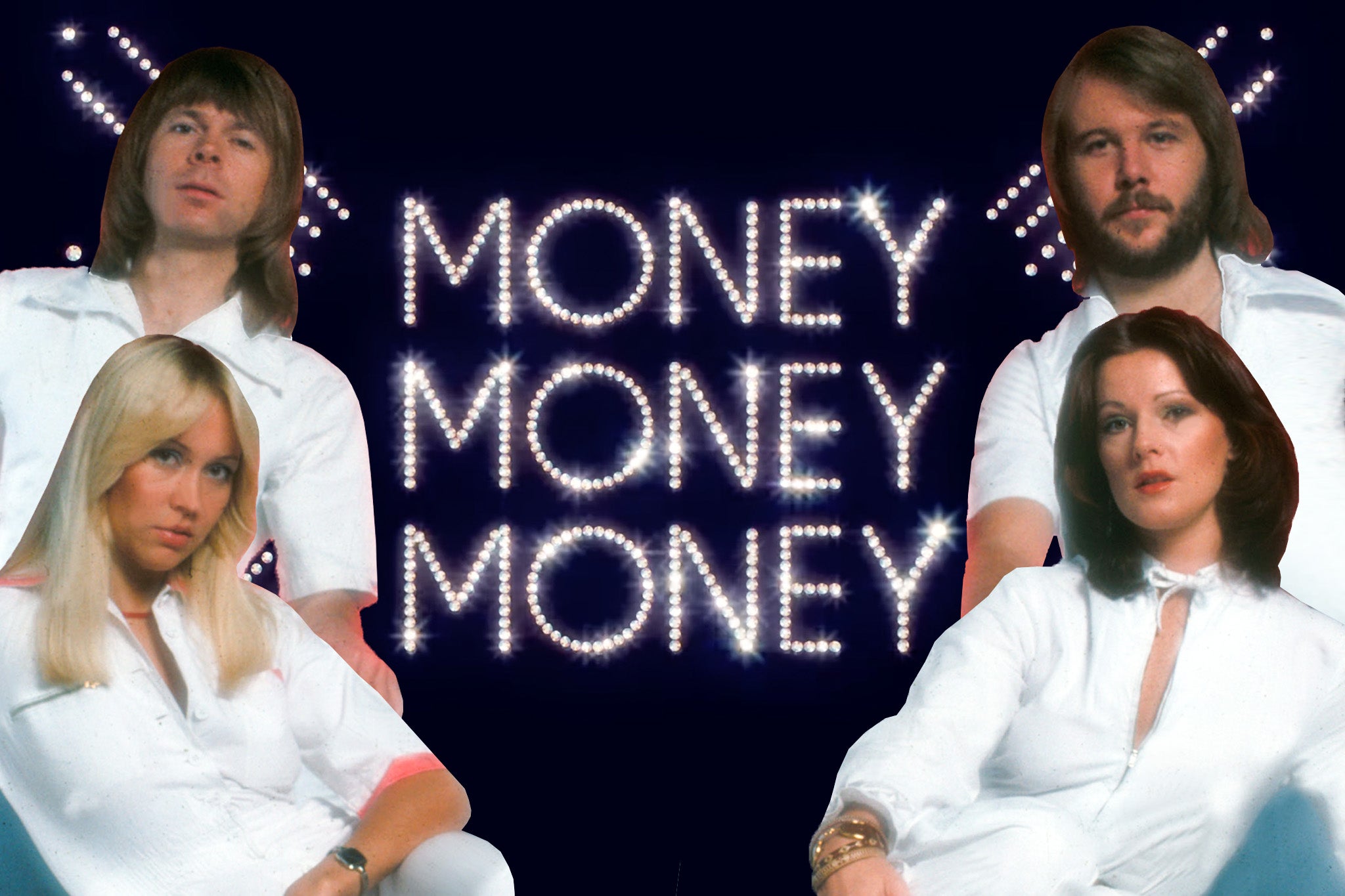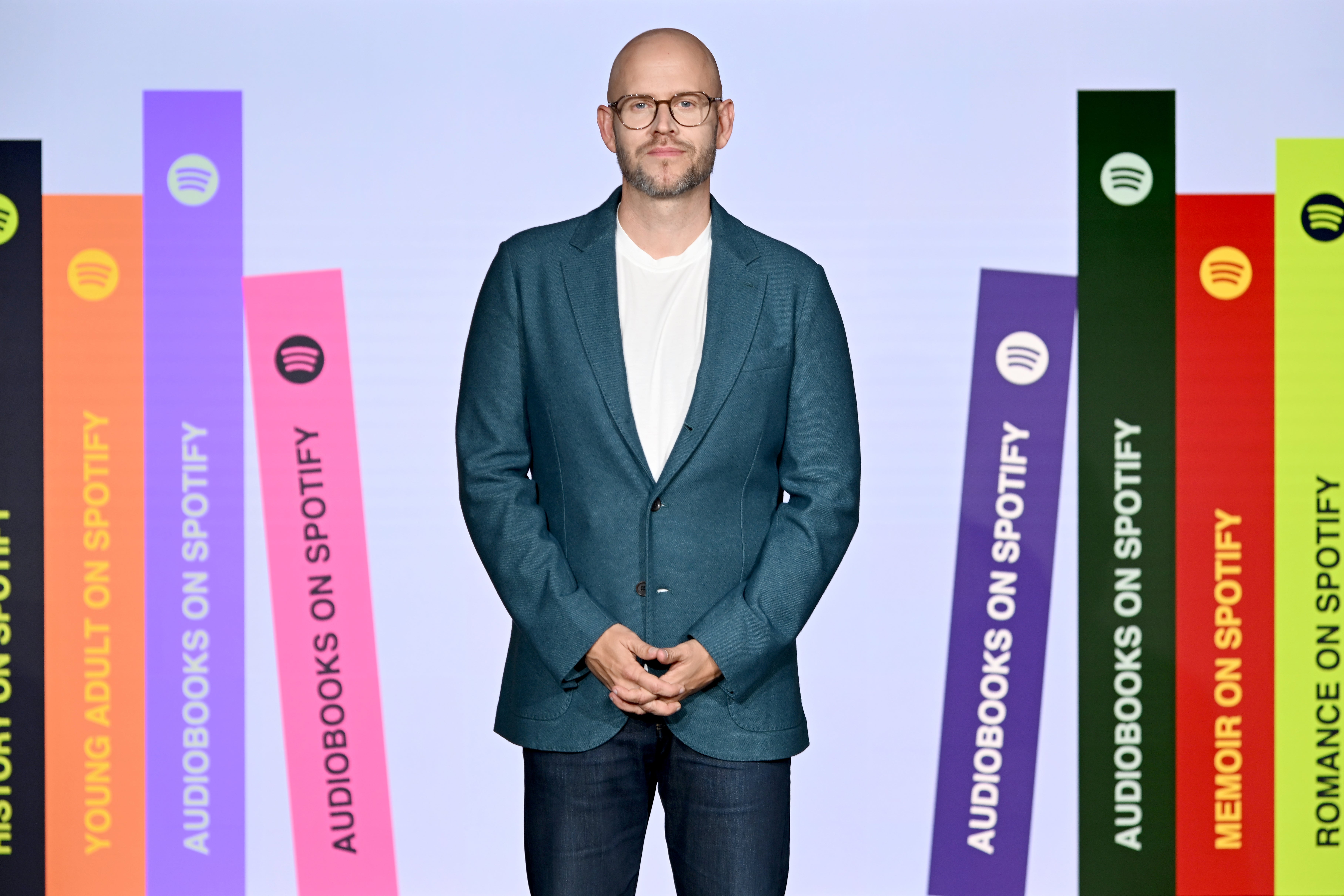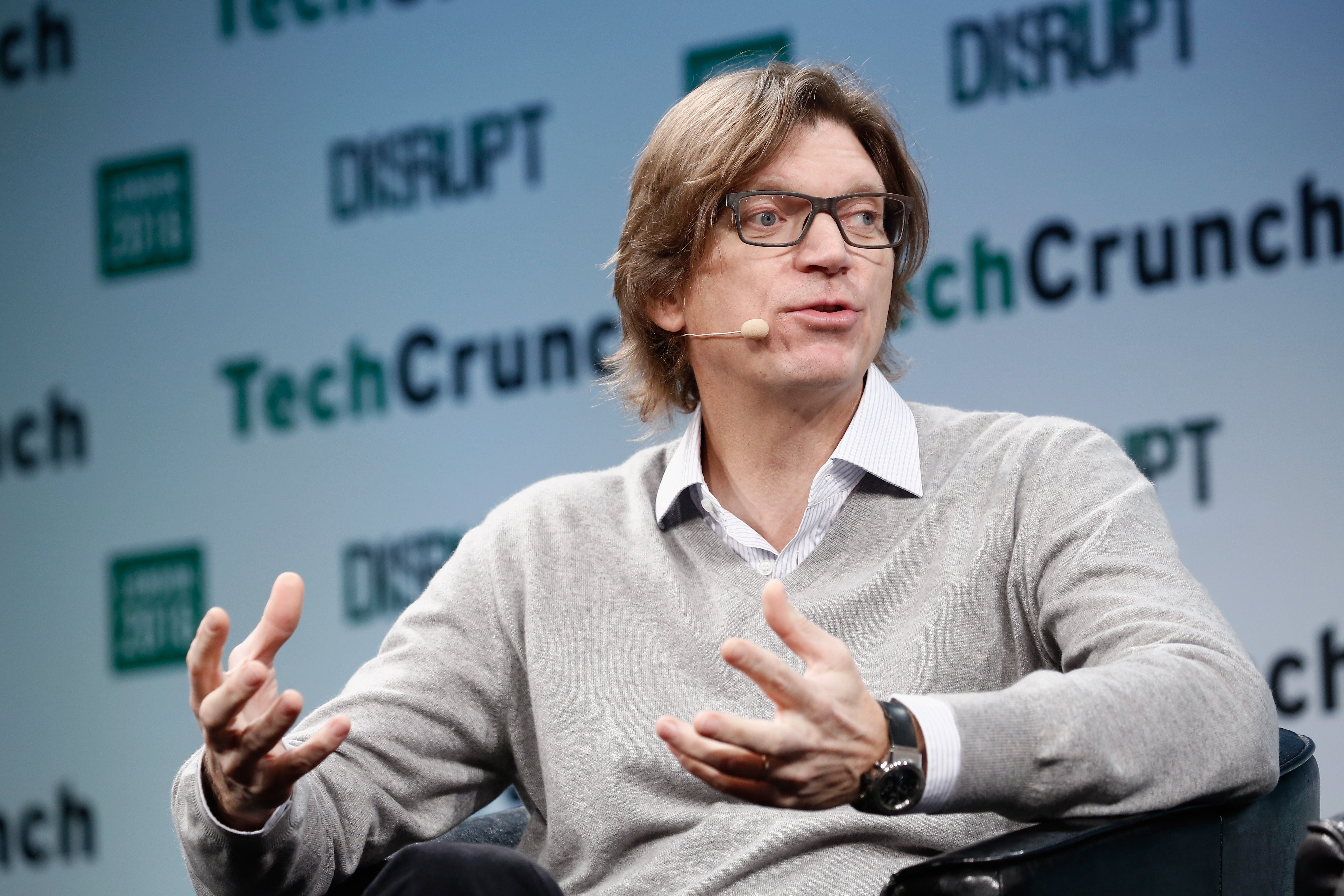Sweden has more billionaires per capita than the US – why?
How has a country with a high-tax economy managed to create an environment where the super-rich flourish and are happy to stay? Chris Blackhurst takes a closer look at the birthplace of some of the world’s biggest companies, from Spotify to Ikea and H&M, to see what lessons can be learnt


This weekend, Spotify will go into overdrive. It’s Eurovision time and the annual song contest is set to be bigger than ever, smashing all viewing and streaming records. Last year’s grand final, in Liverpool, was watched by 162 million people. The day after, the winning entry, “Tattoo”, by Swedish singer Loreen, was streamed 4.2 million times, comfortably beating the previous highest tally in 2021.
Loreen became the first woman to win the contest twice. It’s fitting, then, that her triumph returns the competition to Sweden – the country where Spotify was also founded by Daniel Ek and Martin Lorentzon in 2006. Today, it has around 250 million subscribers, making multibillionaires of its two creators.
Ek and Lorentzon are firmly established in the pantheon of Sweden’s super-rich. They’re among 43 “dollar billionaires”, says Forbes, to hail from a nation of just 10 million. The US, by contrast, has far more billionaires – 813 – but as it is home to 342 million people, Sweden has more billionaires per capita: four billionaires for every million inhabitants, versus the US’s two per million.
Britain has 55 billionaires out of 67 million people which gives a rate of about 1:1 against Sweden’s 4:1.
Come down a level, to kronor billionaires and they run into the several hundred. At the last count in 2021, they owned the equivalent of 70 per cent of Sweden’s GDP. In fact, Sweden enjoys a concentration of wealth that smacks more of a tax haven, a Monaco or Cyprus, than a right-on, fiercely liberal, diverse and inclusive nation.
But appearances are deceptive. Sweden hugs its (largely white male) billionaires as much as it does trees. It loves them, takes pride in their achievements and how they have put Sweden on the global map by forming world-beating businesses.
Often, they’re in tech. Sweden has long been ahead of the computer game, offering financial inducements to people buying home computers which has ensured a literacy and connectivity that far out surpasses many of its European neighbours. It’s no coincidence that among the surge in super-rich Swedes over the past two decades almost all of them are online-related (Spotify, Skype, Klarna, Tink). But then so are other countries tech-savvy – indeed, the UK likes to consider itself a tech powerhouse – and they do not possess so many billionaires.
And there is certainly a tranche of the Swedish rich list that folk that do not owe their fortunes to the internet – people like Stefan Persson from H&M, the Rausings of Tetra-Laval, Bertil Hult of Education First and the Kamprads from Ikea. Fast fashion, drinks cartons, language training, flat-pack furniture – and not a techie in sight.
What’s really telling is their ages. None of them are young; Sweden’s rich specialise in longevity, in presiding over family businesses and not falling for the attractions of foreign stock markets and overseas buyers. That is the exact opposite of the British experience, where founders of companies of similar stature and promise have long chosen to list abroad or have been bought out by foreign billionaires spotting an opportunity.

Even in the tech world, Sweden has fostered tens of “unicorns” – enterprises that grow to be worth more than $1bn. Theirs, however, have frequently chosen to stay put – they have not succumbed, not cashed in.
Swedes appreciate their country. And what’s not to like? It’s beautiful, uncrowded, clean and green. There is room to breathe, to expand and to relax.
There’s more to it than that. They may be relatively isolated in northern Europe, but Swedes often speak English as well as the Brits, and Sweden enjoys the fastest wifi and communications. They do not need to move.
Theirs is a more mutual and collaborative culture too. Ek and Lorentzon may be billionaires many times over, they may have made it, but they’re still colleagues and they continue to talk as friends, about Spotify and anything else, every single day.
That cooperative environment sees accomplished entrepreneurs helping those who are on the way up, advising and investing in their ideas. It’s softer, less aggressive. Less winner takes all and much less prone to splashing out on baubles, tending to drive round in an old Volvo rather than a supercar or cruising in a super-yacht, valuing being normal and anonymous, holidaying quietly on an island in the Baltic.
Of course, some do choose to go down the flash route, but plenty don’t. Sweden gives them all they need.

The domestic market is small but this plays to advantage – go-ahead Swedish firms learn early on how to export and trade internationally. The country is tiny enough, too, to act as a micro-market, as a testing ground for new products. Get them wrong in Sweden and it won’t matter, no one will notice; screw up elsewhere, in the US, UK and it’s a disaster.
Sweden, though, is not noted for its rich-loving governments, not overtly. High-earning Swedes pay some of the highest personal income taxes in Europe, well above 50 per cent. That would typically be sufficient to see many of them relocate to a more tax-friendly regime.
But Swedish governments have quietly wooed the rich in other ways, abolishing inheritance and wealth taxes and applying low charges to profits from share sales and dividends. They take a pragmatic view that heavy taxes would only end up being avoided and evaded.
The result is that billionaires are made to feel welcome, they’re not driven away. Indeed, so warm is the atmosphere that foreign billionaires have also chosen to settle in Sweden.
Low interest rates over the past decade have made borrowing money cheap. Again, they’ve used the cash wisely and sparingly, investing in other, growing businesses.
They also believe in putting something back. Swedes are major investors in impact start-ups – businesses aiming to benefit society. Around three-quarters of all Swedish start-up investing is in impact firms – quite the reverse from the UK experience, illustrated by the TV hit series, Dragons’ Den, with an emphasis on profitable returns and lucrative exit strategies.
As they gather in Malmo this weekend, the crowds may hark back to previous Swedish Eurovision winners. What was it Abba sang? “Money, money, money / Always sunny / In the rich man’s world.” In the context of modern Sweden, they were spot-on.
Subscribe to Independent Premium to bookmark this article
Want to bookmark your favourite articles and stories to read or reference later? Start your Independent Premium subscription today.





Join our commenting forum
Join thought-provoking conversations, follow other Independent readers and see their replies
Comments